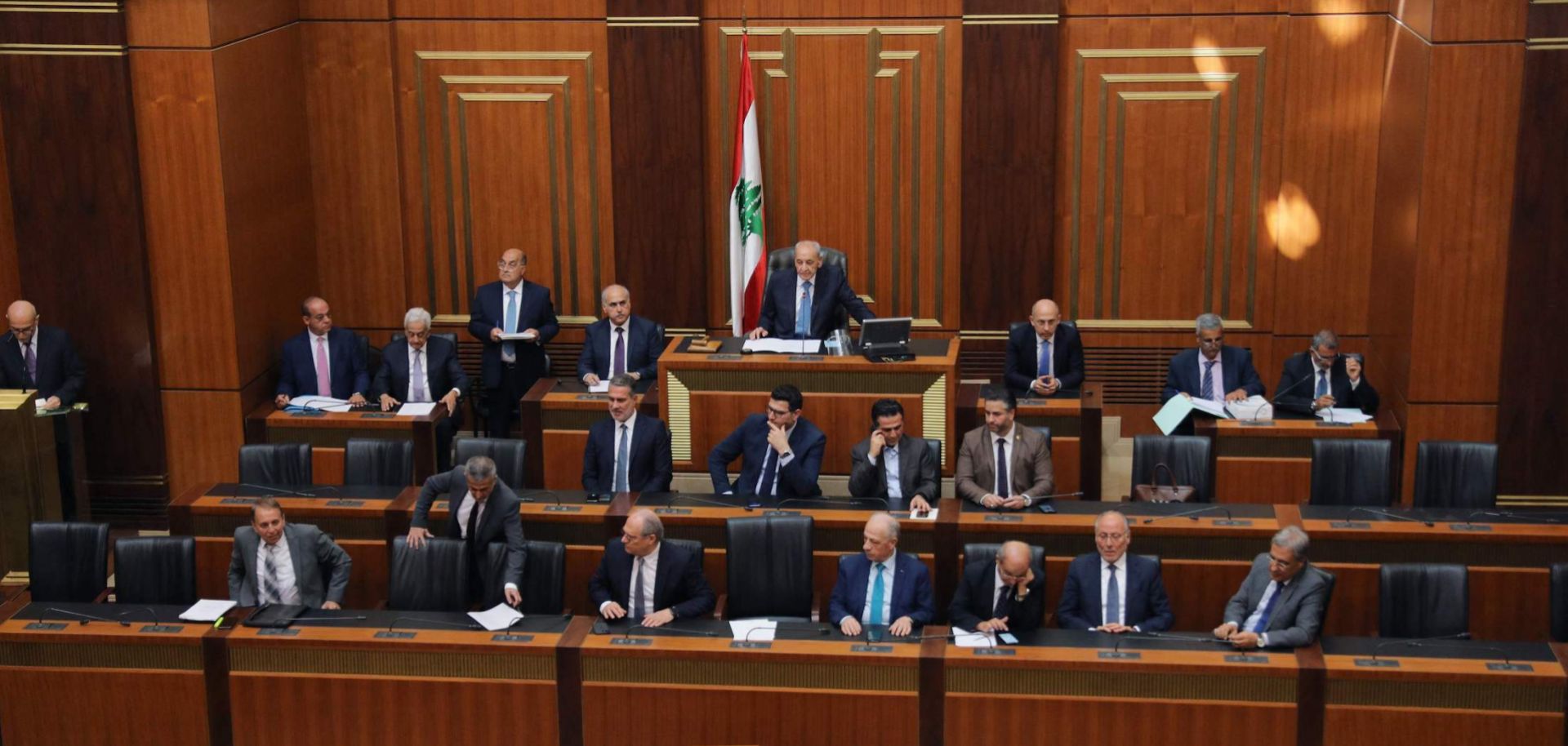Lebanon's political factions remain mired in internal disputes, making them unlikely to pass reforms that could improve the country's economic outlook, absent a major shock. The first vice governor of Lebanon's central bank, Wassim Mansouri, took over as interim bank chief on July 31 after the National Assembly failed to appoint a formal successor for embattled bank head Riad Salameh, who just stepped down after 30 years. This political indecision is not new, as Lebanese lawmakers have been unable to elect a president in the 12 sessions held for this purpose since former President Michel Aoun's term expired in October 2022. As a result, legislation passed by the National Assembly cannot be signed into law, nor can the mandate of caretaker Prime Minister Najib Mikati's Cabinet be certified. This caretaker role severely limits Mikati's powers, leaving the country without strong leadership. These institutional shortcomings are the result of Lebanon's deeply...

